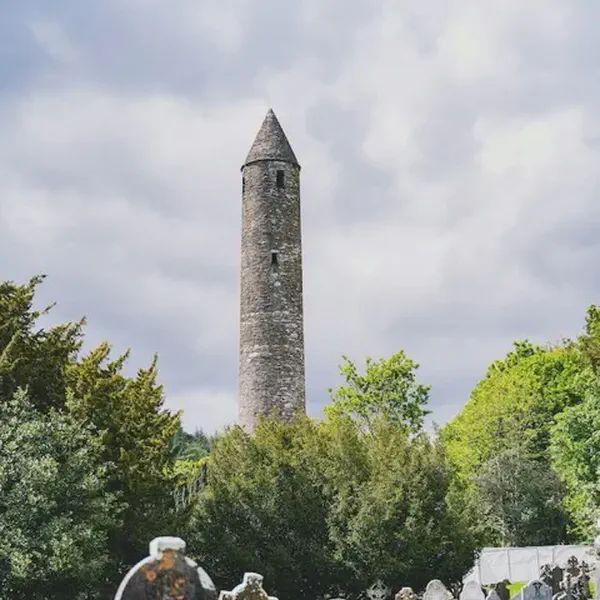On August 20, 1860 in Celtic History
An expedition led by robert ohara burke, an irish policeman, leaves melbourne with the intention of making the first european crossing of australia. they will make the crossing, but burke and fellow explorer, william wills, will die on the return journey

Robert OHara Burke (1821-June 1861) was an Australian explorer. He is most famous as leader of the ill-fated Burke and Wills expedition to find a route across the continent from the settled areas of Victoria to the north coast. Burke was not experienced in bushcraft, and his leadership is often blamed for the failure of the project and deaths of seven people in the party, despite being well equipped.
He was born in County Galway, Ireland, in 1820 or 1821, the third son of James Hardiman Burke, an officer in the British army. He was educated in Belgium, and at age twenty entered the Austrian army, in which he attained the rank of captain in a cavalry regiment. In 1848 he joined the Royal Irish Constabulary. He emigrated to Australia in 1853, landing first in Tasmania, but soon moving to Melbourne, where he became a district inspector of police. He returned to England to fight in the Crimean War, but peace was signed and he returned to Victoria in December 1856.
He was posted to Beechworth and from there attended the Buckland Valley riots near Bright against the Chinese gold miners in 1857. In November 1858 he was transferred to Castlemaine as Police Superintendent.
In September 1858, when it became known that John McDouall Stuart had succeeded in penetrating as far as the centre of Australia, a reward was offered for the promotion of an expedition to cross the continent from south to north. In May 1860, Burke was appointed to lead the Victorian Exploring Expedition with William John Wills as surveyor and astronomical observer. The expediton left Melbourne on 21 August 1860 with a total of 16 men, 26 camels and 28 horses. The reached Menindie on [23 September]] 1860 where several people left the party and returned to Melbourne, including the medical officer, Dr. Beckler.
Cooper Creek, 400 miles further on, was reached on 11 November 1860 by the advanced group, the remainder being intended to catch up. After a break, Burke decided to lead a group of 4 in a dash to the Gulf of Carpentaria, leaving on 16 December 1860. William Brahe was left in charge of the remaining party. The small team reached the mangroves on the estuary of the Flinders River near where the town of Normanton now stands on 9 February 1861. They never saw open ocean. They were already weakened by starvation and exposure, and a few days later, they departed on the return journey.
Progress was slow due to the wet weather, and they continued to weaken. Gray died four days before they reached the rendezvous at Cooper Creek. The other three rested for a day when they buried him. They eventually reached the rendezvous point on 21 April 1861, 9 hours after the rest of the party had given up waiting and left, leaving a note and some food, as they had not been relieved by the party supposed to be returning from Menindie.
They attempted to reach Mount Hopeless, an outpost closer than Menindie, but failed and returned to Cooper Creek. They attempted to leave again, but Wills died, and soon after, Burke also died on 20 June 1861 of exhaustion and starvation. King survived with the help of Aborigines until he was rescued in September.
More From This Day

The Currency Act establishes a separate currency for the Irish Free State
August 20, 1927




The Irish Republican Brotherhood Supreme Council withdraws its support from the Home Rule movement
August 20, 1876

Sectarian rioting in Belfast which began on August 15 continues through this date
August 20, 1872


Richard R. Madden - writer, historian, traveller and abolitionist - is born in Dublin
August 20, 1798

Birth of Bernardo OHiggins, of Co. Meath origins, first Chilean head of state
August 20, 1778

Treaty of Sable, Charles VIII of France makes peace with Fransez II of Brittany.
August 20, 1488